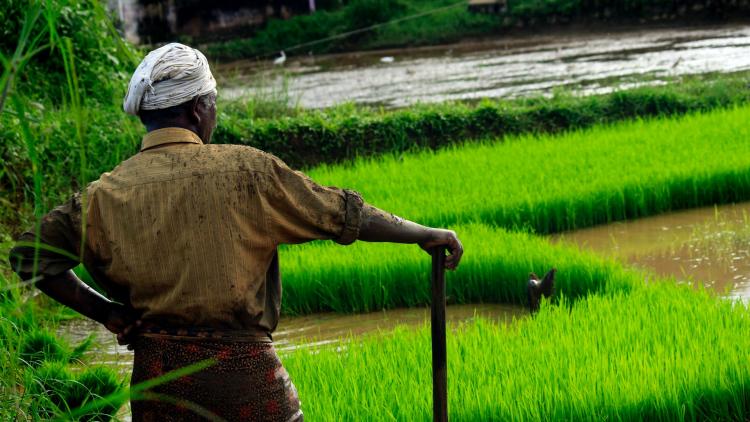Sanitation in India: Understanding a complex and controversial human right (2016)


Overview
This International Academic Fellowship of the Leverhulme Trust analysed the right to sanitation in India. Sanitation is a crucial challenge in India where hundreds of millions of people still practise open defecation and where inadequate sanitation is directly linked to the prevalence of waterborne diseases. There has been a sea change in attitudes towards sanitation throughout society and government in recent years. Despite this increased awareness, there is little research concerning the right to sanitation and the legal framework necessary to realise it.
This project examined the right to sanitation in India from a broad perspective that encompasses the various dimensions of the right. The objective was to disentangle the various aspects of the right. At the conceptual level, it included analysing the different conceptions of sanitation to arrive at an understanding that brings all strands in a single conceptual framework where water-based toilets, manual scavenging, waterborne diseases, water pollution and water quality can all be clearly linked to sanitation. At the practical level, it sought to identify relevant policy documents and administrative directions that shape the sanitation sector in the absence of a well-developed legal framework.
Related publication
Cullet, Philippe and Bhullar, Lovleen, eds. (2015) Sanitation Law and Policy in India: An Introduction to Basic Instruments, Delhi: Oxford University Press.



